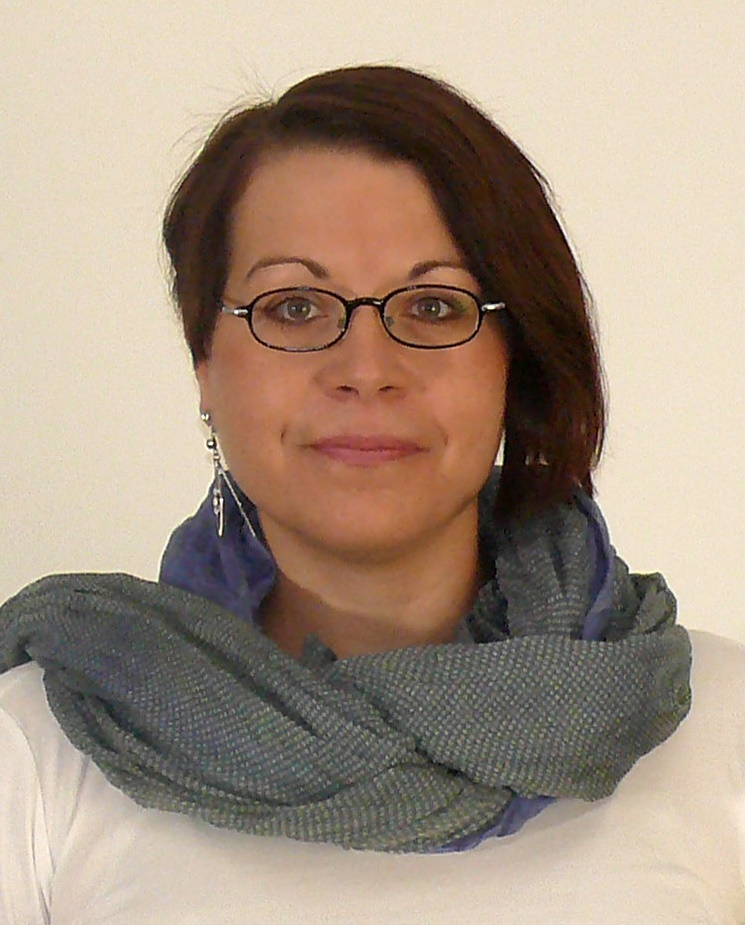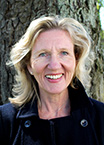 Katarina Gårdfeldt is associate professor in Environmental Inorganic Chemistry at Chalmers University of Technology and the Director of the Centre for Environment and Sustainability (GMV) at University of Gothenburg and Chalmers University of Technology, Gothenburg, Sweden. At GMV, I have been responsible for a broad range of Swedish and international collaboration projects and conferences within science and education, including post graduate schools in climate and mobility, environment and health and marine research. During last fourteen years I have performed expeditions to the Mediterranean the Arctic and at the Southern Ocean during the Antarctic summer and winter seasons. I teach in Basic Chemistry, Environmental Chemistry and Sustainable Development for Engineers at Chalmers.
Katarina Gårdfeldt is associate professor in Environmental Inorganic Chemistry at Chalmers University of Technology and the Director of the Centre for Environment and Sustainability (GMV) at University of Gothenburg and Chalmers University of Technology, Gothenburg, Sweden. At GMV, I have been responsible for a broad range of Swedish and international collaboration projects and conferences within science and education, including post graduate schools in climate and mobility, environment and health and marine research. During last fourteen years I have performed expeditions to the Mediterranean the Arctic and at the Southern Ocean during the Antarctic summer and winter seasons. I teach in Basic Chemistry, Environmental Chemistry and Sustainable Development for Engineers at Chalmers.
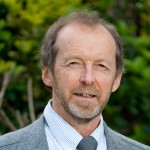 Stephen Sterling is Professor of Sustainability Education at Plymouth University, head of the Centre for Sustainable Futures, and former Senior Advisor to the UK Higher Education Academy on Education for Sustainable Development (ESD), and has worked as a consultant in environmental and sustainability education in the academic and NGO fields nationally and internationally for around three decades. A Higher Education Academy National Teaching Fellow, he has been widely recognized for many years internationally as one of the leading voices in sustainability education.
Stephen Sterling is Professor of Sustainability Education at Plymouth University, head of the Centre for Sustainable Futures, and former Senior Advisor to the UK Higher Education Academy on Education for Sustainable Development (ESD), and has worked as a consultant in environmental and sustainability education in the academic and NGO fields nationally and internationally for around three decades. A Higher Education Academy National Teaching Fellow, he has been widely recognized for many years internationally as one of the leading voices in sustainability education.
Mónika Réti is as a team supervisor at the Hungarian Institute for Educational Research and Development, engaging in participatory research linked to collaborative creation of complex educational programs, in which she profits from her former 11-year experience of working as secondary school teacher of Biology and Chemistry. She also works as an independent educational researcher and consultant in STEM education. She is a charter member and vice-president of Hungarian Research Teachers’ Association, and is involved in the activities of Environmental and School Initiatives (ENSI).
Ak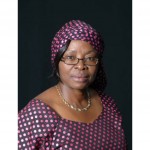 pezi Ogbuigwe, former Head of environmental education and training at the United Nations Environment Programme (UNEP), currently a Reader at the Rivers State University of Science and Technology and Founder, ANPEZ Center for Environment and Development. She is involved in youth mentoring and training as well as community development; her research areas are environmental law and environmental education and sustainability.
pezi Ogbuigwe, former Head of environmental education and training at the United Nations Environment Programme (UNEP), currently a Reader at the Rivers State University of Science and Technology and Founder, ANPEZ Center for Environment and Development. She is involved in youth mentoring and training as well as community development; her research areas are environmental law and environmental education and sustainability.
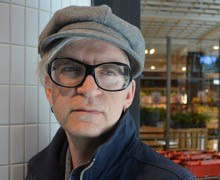 David O.Kronlid is research leader at the Swedish International Centre of Education for Sustainable Development (SWEDESD). He is associate professor in ethics and senior lecturer in curriculum studies at the Department of Education (EDU). Kronlid co-chairs Uppsala Transdisciplinary Seminar in Sustainable Development (TRUST) and heads the research group for education and sustainable development research at EDU. Kronlid is expert evaluator and research ethics expert for Horizon 2020 and has been involved in crossdisciplinary transformative student-led higher education since 1998. His latest book on climate change adaptation and human capabilities was published 2014 on Palgrave.
David O.Kronlid is research leader at the Swedish International Centre of Education for Sustainable Development (SWEDESD). He is associate professor in ethics and senior lecturer in curriculum studies at the Department of Education (EDU). Kronlid co-chairs Uppsala Transdisciplinary Seminar in Sustainable Development (TRUST) and heads the research group for education and sustainable development research at EDU. Kronlid is expert evaluator and research ethics expert for Horizon 2020 and has been involved in crossdisciplinary transformative student-led higher education since 1998. His latest book on climate change adaptation and human capabilities was published 2014 on Palgrave.
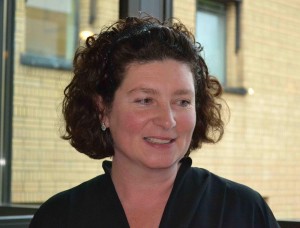 Machtelijn Brummel is a senior policy-advisor, in the Dutch program Learning for Sustainable Development – Duurzaam Door. She is based at the Netherlands Enterprise Agency in Utrecht, where she helps to stimulate and implement social innovation (both in regional, national and international networks). Education, Learning and Facilitating Vital Coalitions are important pillars in her work.
Machtelijn Brummel is a senior policy-advisor, in the Dutch program Learning for Sustainable Development – Duurzaam Door. She is based at the Netherlands Enterprise Agency in Utrecht, where she helps to stimulate and implement social innovation (both in regional, national and international networks). Education, Learning and Facilitating Vital Coalitions are important pillars in her work.
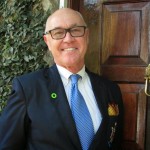
Peter Blaze Corcoran is a Professor and Director of the Center for Environmental and Sustainability Education at Florida Gulf Coast University. He is currently on sabbatical in Kenya and has served as a Visiting Fulbright Professor at Wangari Maathai Institute for Peace and Environmental Studies at University of Nairobi. He serves on United Nations expert panels in education at UNESCO and UNEP. Corcoran’s recent books areIntergenerational Learning and Transformative Leadership for Sustainable Futures and Learning for Sustainability in Times of Accelerating Change.
 Rebecka Hallén works as the project manager of WEEC2015 at the Centre for Environment and Sustainability (GMV) at the University of Gothenburg and Chalmers University of Technology, Sweden. She has experience from different kinds of international congresses such as World Urban Forum 7 (Colombia), ASEAN Water Dialogue Conference (Bangkok), Stockholm +40, Swedish Forum for Human Rights and development conferences in Rwanda and Tanzania as well as internships at UN DESA DSD, UNESCAP and the Swedish MFA. Rebecka holds a BS in Global Studies and Development and a MS in International Administration and Global Governance from the University of Gothenburg.
Rebecka Hallén works as the project manager of WEEC2015 at the Centre for Environment and Sustainability (GMV) at the University of Gothenburg and Chalmers University of Technology, Sweden. She has experience from different kinds of international congresses such as World Urban Forum 7 (Colombia), ASEAN Water Dialogue Conference (Bangkok), Stockholm +40, Swedish Forum for Human Rights and development conferences in Rwanda and Tanzania as well as internships at UN DESA DSD, UNESCAP and the Swedish MFA. Rebecka holds a BS in Global Studies and Development and a MS in International Administration and Global Governance from the University of Gothenburg.
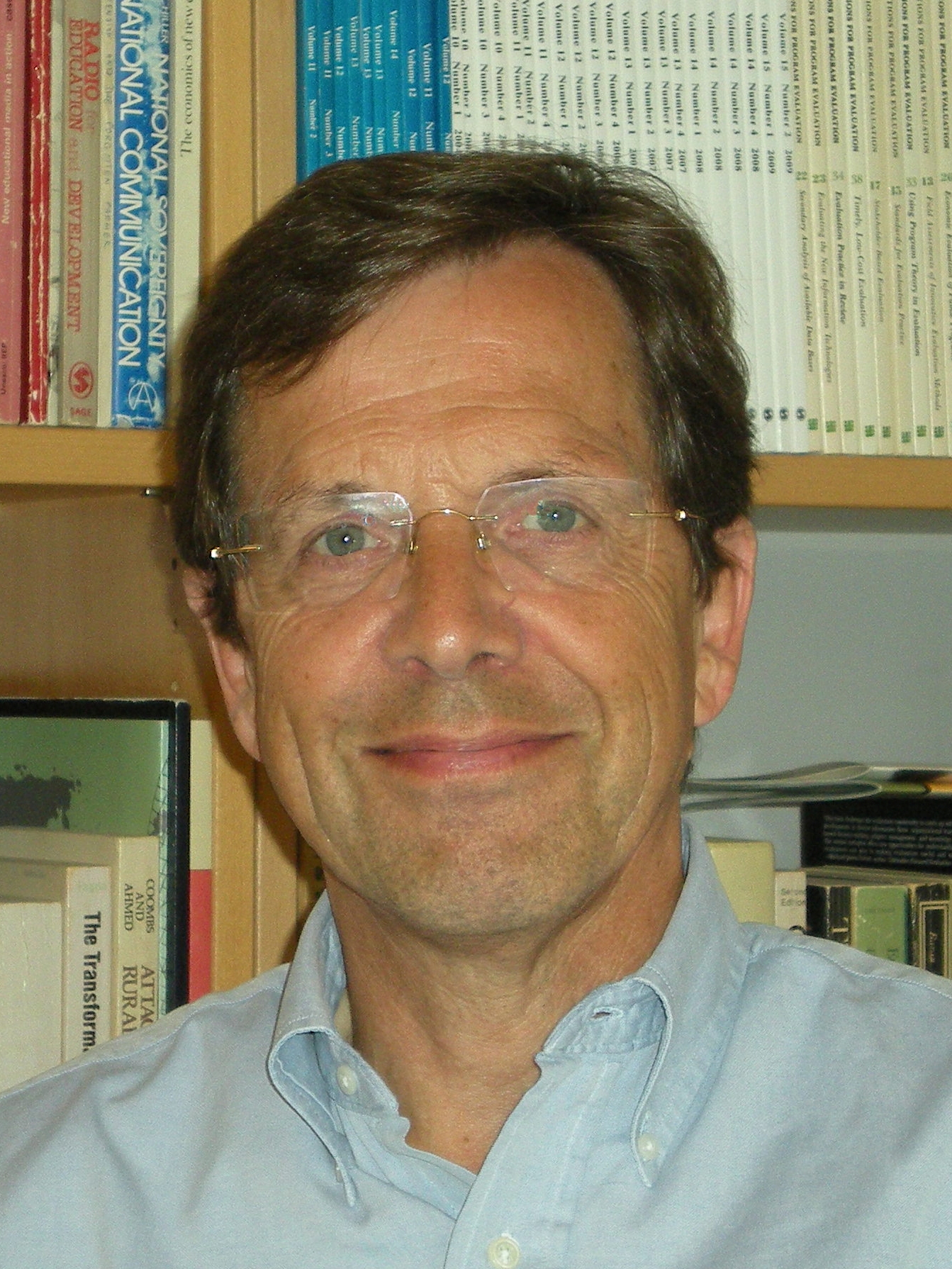 Frans Lenglet recently retired from the directorship of the Swedish International Centre of Education for Sustainable Development (SWEDESD) at Uppsala University, Visby, Sweden. With partners in Africa, Asia, Europe and Latin America he continues to be engaged in identifying, designing, testing, researching and disseminating appropriate and effective content, approaches and methods of “learning for sustainable change”, in formal, non-formal and informal educational settings. Such learning aims at empowering individuals, communities and organizations to reach and act on sustainable choices about the cultural, social, economic and bio-physical conditions affecting their own livelihoods and well-being as well as those of other people and future generations, within planetary boundaries. Frans Lenglet received his PhD in International Development Education from Stanford University.
Frans Lenglet recently retired from the directorship of the Swedish International Centre of Education for Sustainable Development (SWEDESD) at Uppsala University, Visby, Sweden. With partners in Africa, Asia, Europe and Latin America he continues to be engaged in identifying, designing, testing, researching and disseminating appropriate and effective content, approaches and methods of “learning for sustainable change”, in formal, non-formal and informal educational settings. Such learning aims at empowering individuals, communities and organizations to reach and act on sustainable choices about the cultural, social, economic and bio-physical conditions affecting their own livelihoods and well-being as well as those of other people and future generations, within planetary boundaries. Frans Lenglet received his PhD in International Development Education from Stanford University.

